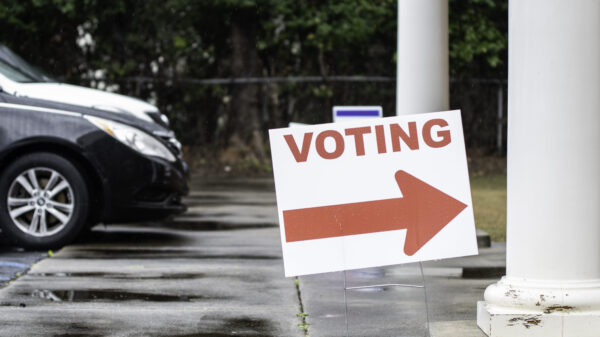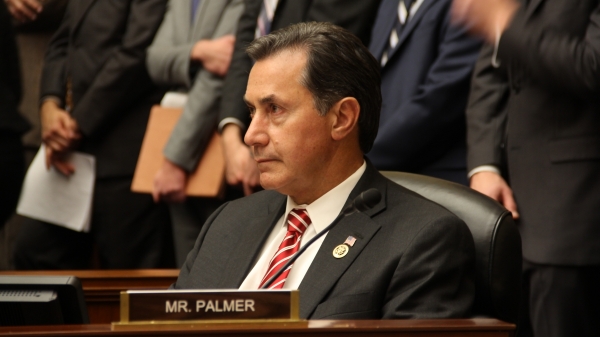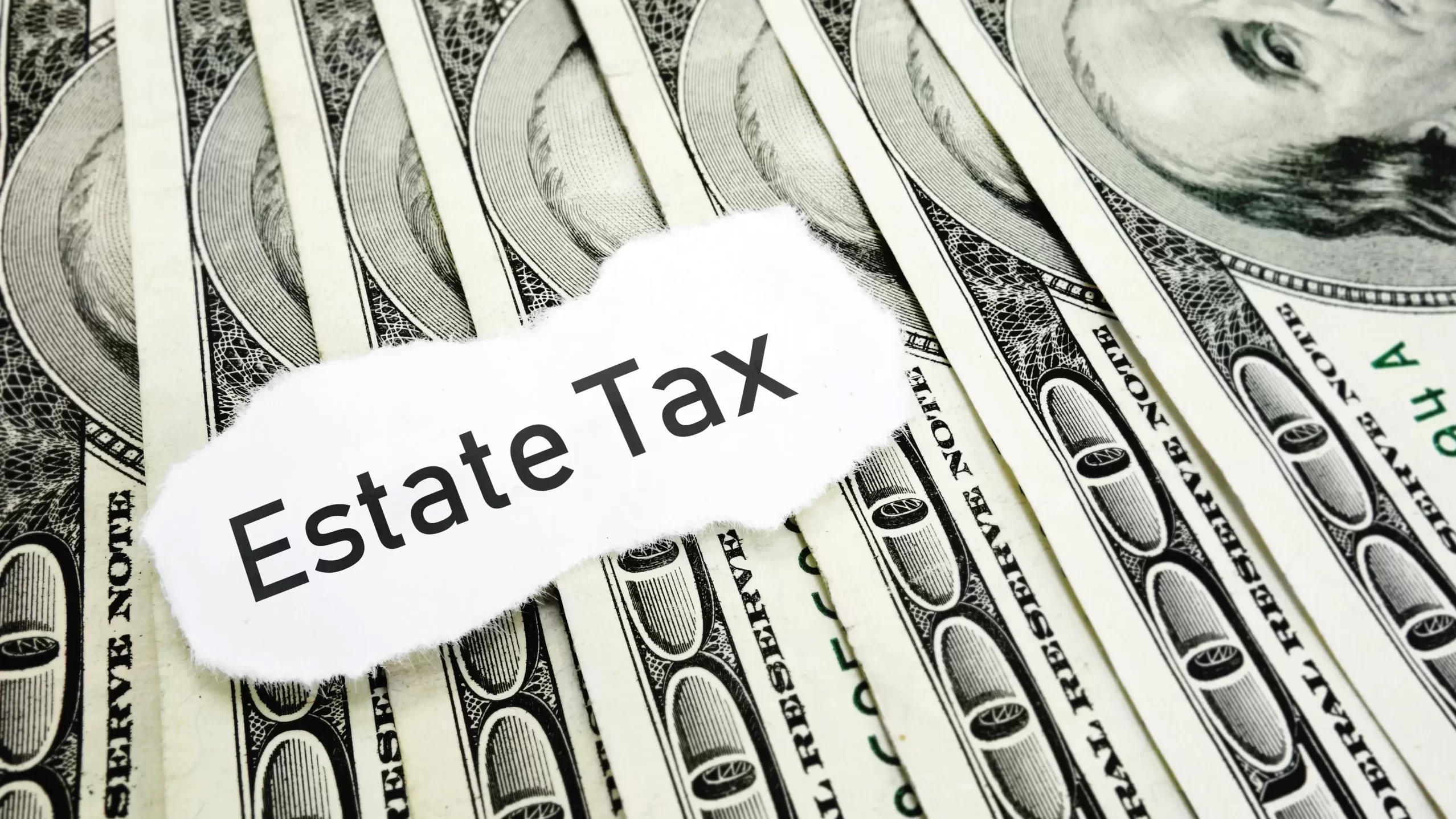|
Getting your Trinity Audio player ready...
|
Last week, Yellowhammer News published an opinion piece by Alabama Senator Tommy Tuberville and ALFA president/CEO Jimmy Parnell about the estate tax. Or, as they would probably prefer me to say: about the “death tax.”
In case you don’t know, the estate tax is a progressive tax on the very largest estates that was first passed into law back in 1916.
Just over a hundred years later, as part of President Trump’s massive giveaway to the rich and to big corporations, the Tax Cuts and Jobs Act doubled the estate tax exemption. Basically, before the TCJA, any estate worth more than $5.5 million had to file an estate tax return (but not necessarily pay it). Afterwards, that threshold went up to $11 million.
Tuberville and Parnell want to convince you that Congress should extend this tax cut, or ideally abolish the estate tax altogether.
They, of course, open their column by waxing lyrical about the struggles that farmers face every day. Family farmers are a national sacred cow which, unlike the ones they rear, cannot be slaughtered.
Tuberville and Parnell attempt to explain that the estate tax threatens the “tradition understood and respected across centuries of farming” of parents passing their farm down to their children.
And the piece ends, equally predictably, with a call to pass the Death Tax Repeal Act, which both Tuberville and fellow Alabama Senator Katie Britt have cosponsored. “Given the economic hurdles our farmers are facing, we should abolish the death tax altogether,” they write.
In this less than 500 word long piece, Tuberville and Parnell did such a great job of twisting the facts beyond all possible recognition that it probably would have taken me twice as many words to do half as well.
And they even somehow managed to make an obvious and basic factual error by claiming that “the TCJA exemption level will return to $5.5 million on January 1, 2026, if Congress does not act.” In reality, it would become around $7.5 million—the exemption level is adjusted for inflation.
But far more importantly, Tuberville spends his entire opinion piece obfuscating one simple truth: only the richest 0.1 percent have to pay estate taxes. And the estate tax hardly affects any of his cherished family farmers.
According to the most recent data available from the IRS, in 2019 just 0.08 percent of estates had to pay any estate taxes: less than one-tenth of one percent. Only the very richest families ever have to worry about paying estate taxes, and the estate tax still brings in over $18 billion every year in tax revenue that doesn’t have to come from working families’ paychecks.
And in 2021, the last year that the IRS has published data on estate tax filings by occupation for, out of over 6,000 estate tax returns filed, only 263 estates belonged to people working in “farming, fishing, and forestry.”
With over eight times as many returns filed, the most common occupation by far? “Business and financial operations.” Not exactly the homey family farms that Tuberville and Parnell want to come to mind when you think about the estate tax.
Plus, only a fraction of the farm estates that do have to file returns will actually end up paying any estate taxes. The USDA’s Economic Research Service estimated that in 2023, while 1 percent of farm estates had to file, only 0.2 percent actually owed any estate taxes.
With an estimated 39,988 farm estates formed, that is a grand total of 89 farm estates that paid any estate taxes in all of 2023.
Tuberville and Parnell talk about America’s “over 2 million farms” and the “44,000 of them in Alabama,” but only a tiny, tiny fraction of those farmers will ever have to worry about the estate tax, whether the TCJA exemption level is renewed or not.
A February report from the ERS even found that if, God willing, the TCJA cut to the estate tax is allowed to expire, only 1 percent of farm estates would actually have to pay any estate taxes. If we use Tuberville and Parnell’s numbers, that’s just 440 farms in Alabama, or a scant handful every year.
Now, has someone somewhere had to sell off part of a family farm in order to pay the estate tax? I’m sure that that’s probably happened once or twice—America is a big country.
But it would be insane to cut the taxes of the wealthiest Americans by tens of billions of dollars just because fewer than 100 of the most successful farmers in the country might have to downsize a bit.
I reckon that if Tuberville and Parnell had written an opinion piece about the plight of poor family oil barons, everyone would have immediately recognized their argument for what it really is. Just another tired justification for letting the rich pay less in taxes.



















































